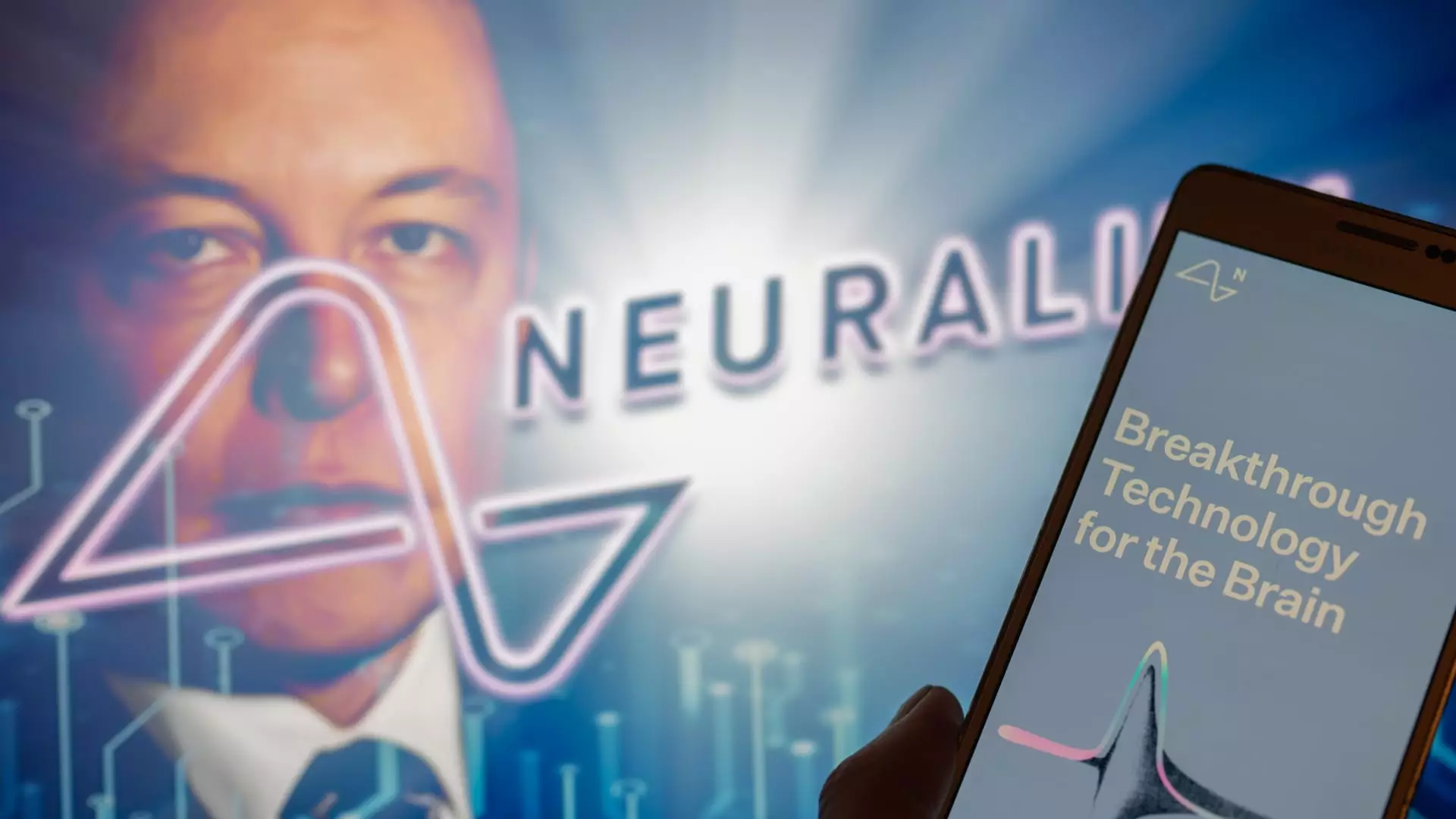Elon Musk’s brain tech startup, Neuralink, has been making waves in the field of brain-computer interfaces (BCIs). Recently, Musk announced that the company hopes to implant its system in a second human patient within the next week. However, after encountering hardware problems with their first participant, the company is striving to make necessary changes to address these issues.
Neuralink’s innovative system, known as Telepathy, involves inserting 64 “threads” directly into the brain, which are thinner than a human hair and record neural signals through 1,024 electrodes. While BCIs have been studied for years in academia, Neuralink is one of the few companies venturing into commercializing these devices. Despite this, they have not yet received approval from the FDA to bring their product to market.
In January, Neuralink implanted its BCI in their first human patient, Noland Arbaugh. Although the surgery was deemed successful, some threads from the implant retracted from Arbaugh’s brain in the weeks following the procedure. This setback prompted Neuralink to consider further improvements to mitigate retraction and enhance the device’s functionality.
As Neuralink prepares to implant the device in more patients, they are focusing on addressing the issues encountered with the first participant. The company plans to sculpt the surface of the skull to minimize the gap under the implant, insert threads deeper into the brain tissue, and closely monitor movements to prevent retraction. These modifications aim to enhance the safety and efficacy of the BCI for future recipients.
Regulatory Oversight
The FDA will continue to monitor the safety of patients enrolled in Neuralink’s study through regular reports. This regulatory oversight ensures that the company complies with safety and efficacy standards, providing reassurance to both patients and stakeholders.
As Neuralink progresses towards implanting its brain tech in more patients, the company remains dedicated to addressing hardware challenges and improving the functionality of its system. With ongoing developments and regulatory oversight, Neuralink’s journey into the world of BCIs shows promise for advancing medical technology and improving the lives of patients in need.

